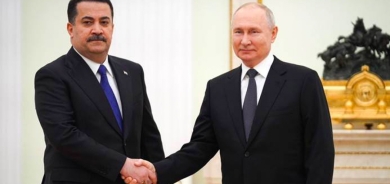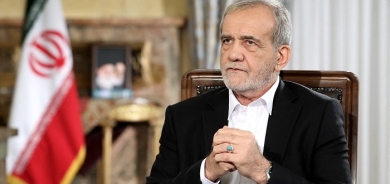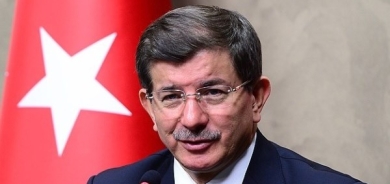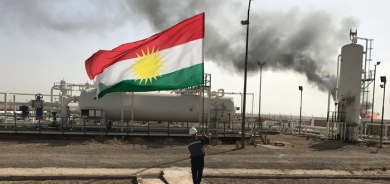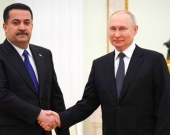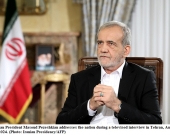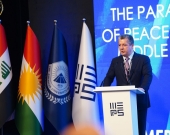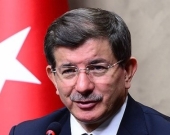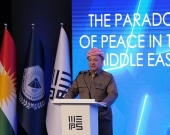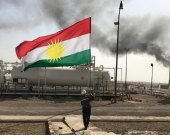Talabani Sets Plan for Disputed Territories

The Baath party changed the administrative jurisdiction of several towns and villages in Nineveh, Diyala and Kirkuk provinces so that they would fall under the central government.
Kurds always considered those areas part of the Kurdish north and Talabani is now trying to reverse the demographic changes that occurred during Saddam Hussein’s 30-year rule.
Talabani, a Kurd, will present his proposal to the Iraqi Parliament. Some Sunni political parties which push Arab claims to the areas are expected to strongly oppose the initiative, though the proposal reportedly has the backing of key Shiite parties.
Khalid Shwani, a Kurdish MP in Iraqi Parliament said, the Iraqi council of ministers has promised to provide Talabani with all documents about the disputed territories seized from the former regime in 2003.
“President Talabani is working on gathering all the former regime documents regarding this issue,” he said.
Friyad Rawandzi, a senior official with the Patriotic Union of Kurdistan (PUK) who is close to Talabani told Rudaw, “The President prepared the proposal in light of Iraq’s Constitutional Article 140. It was discussed by the Council of Ministers and will be sent to the Parliament.”
Article 140 lays out a series of initiatives to resolve territorial disputes, mostly between Kurds and Arabs, but almost none of the steps have been taken.
Rawandzi maintained, “President Talabani assigned a number of legal experts to prepare this proposal. He will send it to Parliament as soon as possible. The Parliament should revoke all the decrees related to altering the demographics of certain regions including Kirkuk and other disputed territories.”
According to Rawandzi, the proposal could receive enough votes to pass given that several parliamentary blocs have already expressed their support for it.
“In the Council of Ministers’ discussions on the president’s proposal, political blocs such as the State of Law Coalition, the Supreme Islamic Council and the Sadr Movement were in favor of the proposal. That’s why we expect positive results in Parliament. We will still need to work hard in Parliament in order to gather enough votes for it,” Rawandzi said.
According to Rawandzi, Talabani’s proposal is a major step toward solving the disputed territories issue.
The Al-Iraqya bloc, which represents Sunni Arab and secular interests, is seen as a possible opponent to the plan.
Rawandzi, however, was confident that the plan would garner wide support from key figures such as Prime Minister Nuri al-Maliki.
“The prime minister strongly supported the implementation of Article 140 and the return of all lands and property forcefully taken from Kurds,” he said.
Separately, Kurdistan Region President Massoud Barzani met with leaders of Kurdistan’s major political parties on Saturday and decided to form a committee to address ongoing disputes between Baghdad and Erbil.
The committee will include members of all Kurdish parties and staff members from the president and prime minister’s offices. Their task will be to strengthen Kurdistan’s representation in Baghdad and meet with Iraqi leaders on issues related to the Kurdistan region.

